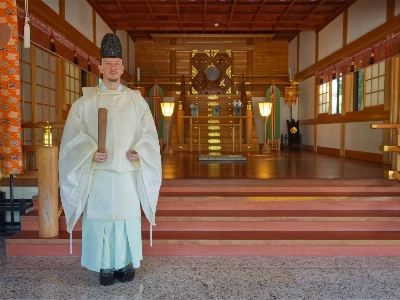By most measures, the war against Osama bin Laden and the al-Qaeda terror network is going well. Close collaboration among security agencies has resulted in the arrest of high-ranking operatives and the cracking of terrorist cells around the world. Yet fear persists -- and with good reason. In 2003, the high-water marks in the fight against terrorism will not be attacks averted, but the fanaticism that prevailed in Bali, Moscow and Mombassa. Terrorism has been a scourge throughout human history; it will not be defeated anytime soon.
Accepting that bitter fact does not mean conceding to fear. Nor does it mean ignoring the risks that arise. It does mean that citizens must accept new inconveniences and be alert to new dangers. Just as critically, citizens must refuse to give up the freedoms that the terrorists despise; we must not give away that which makes us better than our enemies.
During the first several months, the war against terror was a distant affair. Although outraged citizens around the world proclaimed their solidarity with the United States in the aftermath of the Sept. 11 attacks, the truth is that it was "someone else's war." The battlefields were faraway places -- Afghanistan, Israel, Kashmir. Even when the terrorists were spotted closer to home, as in the Philippines, there was little sense that it could happen here. That sense of security was denial: It could happen here -- and did in March 1995, when Aum Shinrikyo declared war against the Japanese state.


















With your current subscription plan you can comment on stories. However, before writing your first comment, please create a display name in the Profile section of your subscriber account page.